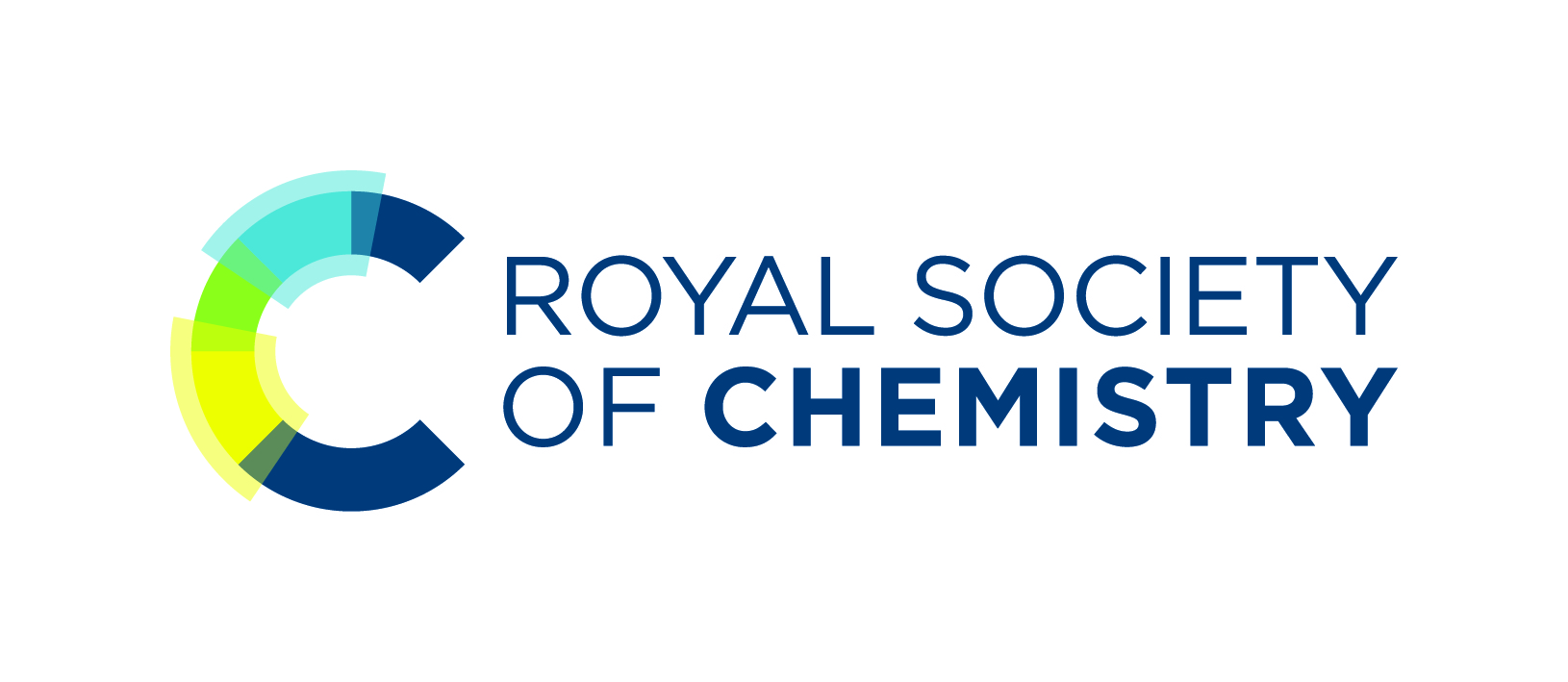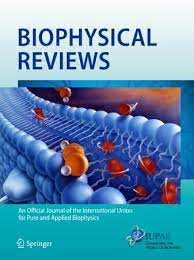IUPAB Congress shows the strength of Brazilian science - portuguese
The virtual meeting brought together biophysical and biochemical societies
Maria Celia Wider - October 25, 2021
At a time when Brazilian science is attacked by the federal government with systematic funding cuts, the IUPAB/SBBf/SBBq 2021 Congress, which brought together biophysicists and biochemists from various countries, showed the quality and international recognition of the research carried out in Brazil, provided the engagement and mobilization of scientists, and was a stimulus for young people to pursue an academic career. Being 43% of the total of more than one thousand participants, graduate students were the main focus of the meeting.
“Certainly, this congress, with such wide international participation on a world scale, consolidated Brazil's relevance in the area of Biophysics and related sciences, and at a time when there are significant economic restrictions to its scientific activity and obscurantism. Brazilian scientists are doing a remarkable job. In addition, the high participation of Brazilian students was a huge success”, said the president of the International Union for Pure and Applied Biophysics (IUPAB), Manuel Prieto, adding that "there is a very relevant activity in this scientific area in the Southern Cone of Latin America, and Brazil has a very active Biophysics Society, holding regional meetings decentralized by Brazilian geography, and there is excellent collaboration with colleagues from Uruguay and Argentina”.
The meeting's virtual format was a novelty and, according to the organizers, the result was beyond expectations. "If, on the one hand, in the online mode we lost the closest contact, the caipirinha at the end of the day, on the other hand, we gained in scope, the geographic distribution of the participants was a positive fact. And the platform worked very well, considering the number of people accessing the sessions at the same time. In addition, the videos produced during the congress will remain online for another 30 days after it closes”, said Professor Antonio Jose Costa Filho, from the Faculty of Philosophy, Sciences and Letters at Ribeirão Preto - USP and president of the Brazilian Biophysics Society (SBBf).
According to Prieto, “the organizers, Brazilian scientists with international recognition, performed an excellent organizational work, and the high scientific level achieved should be highlighted. In particular, the plenary lessons included the participation of two Nobel Prize winners, as well as a wide geographic distribution”. The organizing committee was chaired by professors Rosangela Itri, from USP's Physics Institute, and Mauricio S. Baptista, from USP's Chemistry Institute.
The program featured 10 keynote speakers, including Richard Henderson and Michael Levitt, 2017 and 2013 Nobel Prize winners in Chemistry, respectively, and 24 symposia covering a wide spectrum of research topics. Among the participants, 870 were from the Americas, 44 from Asia, 71 from Europe, 21 from Africa, and 3 from Oceania. Women were the majority, 541 participants against 468 men. And the virtual ExpoSBBq, an exhibition hall for companies and sponsors, received around 400 visitors
The congress also consolidated the interaction between the Brazilian Society for Biochemistry and Molecular Biology (SBBq) and the Brazilian Biophysics Society (SBBf), which have an overlapping of themes and researchers in different areas. "To understand the phenomena related to life, which are complex phenomena, we need an integrative approach, it is not biology or chemistry or physics alone, and neither computing nor mathematics can be left out. What matters is to do quality science at this interface,” said Costa Filho. SBBq and SBBf have already announced that they will hold their 2022 annual meetings together, in a face-to-face format, in Foz do Iguaçu.
Science under attack
At the end of the meeting, scientists were surprised by the announcement of the cut, by the Ministry of Economy, of 87% of the funds' allocation for the science and technology sector this year. The measure puts the very survival of Brazilian science at risk and provoked reactions from the entire scientific community.
For Professor Leda Quercia Vieira, from the Federal University of Minas Gerais and President of the Brazilian Society for Biochemistry and Molecular Biology (SBBq), the prospects are bleak. According to her, the lack of scholarships and funding for research projects is already causing a veritable diaspora: young scientists and students are leaving Brazil. In addition, the cut in funds impacts the preservation of animal facilities, many with sophisticated animals that will need to be sacrificed, and laboratories with equipment that depend on continuous maintenance. “I am alarmed. What we saw at this meeting was wonderful and it is the result of investments over ten years, not from last year. What we will see going forward is what a colleague said: we will be authors of reviews and meta-analyses, as we are unable to carry out our science. The Federal University of Minas Gerais does not survive next year. My vivarium does not survive”.
At the opening ceremony, Leda had already protested against the denial and the cruel policies of the president of the Republic and the Ministry of Health, responsible for more than 600,000 deaths by covid-19 in the country so far. In addition, “we are witnessing the deliberate dismantling of universities and research institutes in Brazil. Obscurantism reigns in this country. We have a duty to fight for science and education. The SBBq and SBBf have been active in this task,” she said.
Although a little more optimistic, Professor Costa Filho also points out challenges. “By attending any congress session, we concluded that ‘in spite of you, tomorrow will be a new day.' Brazilian science is alive and is being done with quality, but with great difficulty. Brazilian researchers, especially the younger ones, feel less and less encouraged to follow this path because instead of worrying about research, we need to battle with the congress representatives, this takes the focus off all the time, there is no rest. Several attempts to cut science and technology resources, in the end, were reversed, but at the expense of a lot of unnecessary stress. It seems that we were chosen as the public enemy number one”, he said.
Scientific entities such as the Brazilian Academy of Sciences (ABC), the Brazilian Society for the Advancement of Science (SBPC), the National Association of Directors of Federal Higher Education Institutions (Andifes), and the National Council of State Research Support Foundations (Confap), among others, are mobilized to pressure the Senate against this new cut in the science budget.
Young scientists
PhD student Carolina Manganeli Polonio, from the Laboratory of Neuroimmune Interactions, Institute of Biomedical Sciences (ICB) - USP, was the winner of the 24th Young Talent Award in Life Sciences, with the work Evaluation of the microRNAs in the immunopathogenesis of microcephaly caused by ZIKV. Promoted by SBBq and Cytiva, the award result was announced on the last day of the congress. In addition to the cash prize, the winner won an air ticket to participate in an international congress and an invitation to give an oral presentation at the next SBBq Meeting.
Also, 33 posters were awarded, out of a total of 538 presented during the congress. The poster sessions were a great success, with over 18,000 views. And the Royal Society Chemistry awarded works in the Medicinal Chemistry, Biomolecular Chemistry, Chemical Biology, Organic and Biomolecular Chemistry, and Organic Chemistry Frontiers categories.
The congress activities aimed at young scientists began in May, with The Young Scientist Webinars Series, coordinated by professors Eneida de Paula, from Unicamp, and Eduardo Reis, from USP. There were 10 webinars, with 150 to 300 participants per session, with lectures by senior scientists, post-docs, and doctoral students from 14 countries. “We gave visibility to young people who normally don't have the chance to speak at congresses,” said Leda Vieira.
The IUPAB/SBBf/SBBq 2021 congress also hosted the XIII Congress of the Brazilian Society of Nuclear Biosciences (SBBN), chaired by physicist Silvia Maria Velasques de Oliveira. The IV Meeting of the South American Initiative in Molecular Simulations (SAIMS), coordinated by Professor Guilherme M Arantes, from USP, and the VI Annual Meeting of the Multicenter Graduate Program in Biochemistry and Molecular Biology (PMBqBM ), coordinated by Professor Andréa Mara Macedo, from UFMG, were held as satellite events.
The 20th Congress of the International Union for Pure and Applied Biophysics (IUPAB) was held online on October 4th- 8th, 2021, together with the 50th Annual Meeting of the Brazilian Society for Biochemistry and Molecular Biology (SBBq) and the 45th Annual Meeting of the Brazilian Biophysics Society (SBBf).












